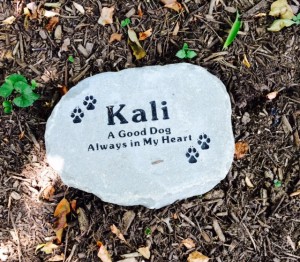June 5, 2015
Fifty years ago today I walked down the aisle of St. Paul’s Episcopal Church. I was wearing a floor length ivory wedding dress and veil and I held the arm of my father dressed in his blue Army uniform. I was not at all sure I was doing the right thing, but I did not see backing out as an option. By the altar stood Bill wearing his Navy dress whites. He was very thin and suntanned from serving on a U.S. destroyer off the coast of the Dominican Republic during its civil war. I had seen him briefly on a weekend in February when he had been home on leave, but then not for four months. The day before the wedding he flew to Chicago from Norfolk, and we had had only a little time together before his college friends took him off for a stag party. I was not at all sure who this stranger at the altar was. He seemed very constrained and rigid the day before, and the sense of humor that had so appealed to me had been no where in evidence.
By Bill’s side stood his best man Steve and the minister. Proceeding down the aisle before me were Gwyn my maid of honor, and my sister Kara-Lynn. They were wearing short white lace dresses lined with yellow and white lace kerchiefs on their heads, made by Gwyn and my mother. Even by wedding standards of the day, it was a simple wedding. I was paying for most of the expense myself, out of my savings. I had graduated from college in May and then had worked for a month in the drama department; Gwyn and I had stayed in a our rental apartment, but for the past week we had been packing up our things. The day before we had loaded my boxes into Bill’s mother’s car.
Now I was at the altar, and when my father gave my hand to Bill, I was reassured by Bill’s warm brown eyes. The man I loved was there, under the disguise of this young thin Naval officer. My father sat down next to my mother in a front pew. My parents and sister had flown in from Oregon and had met Bill for the first time the day before.
Bill and I said the traditional vows: “to have and to hold from this day forward, for better for worse, for richer for poorer, in sickness and in health, to love and to cherish, until death do us part.” We exchanged the plain gold bands, and were declared man and wife. We walked down the aisle together while the organ played. Our life’s journey together had begun, and it would be one filled with babies and homes, tears and laughter, worries and triumphs, amazing adventures, and throughout all the years it would be a journey supported by steadfast love.
 And that is what I told her again this morning, while I patted the dirt firmly over the velveteen bag holding her ashes, and the stuffed toy that came with her when I adopted her. And that is what the stone says that marks her resting place: Kali A Good Dog.
And that is what I told her again this morning, while I patted the dirt firmly over the velveteen bag holding her ashes, and the stuffed toy that came with her when I adopted her. And that is what the stone says that marks her resting place: Kali A Good Dog.